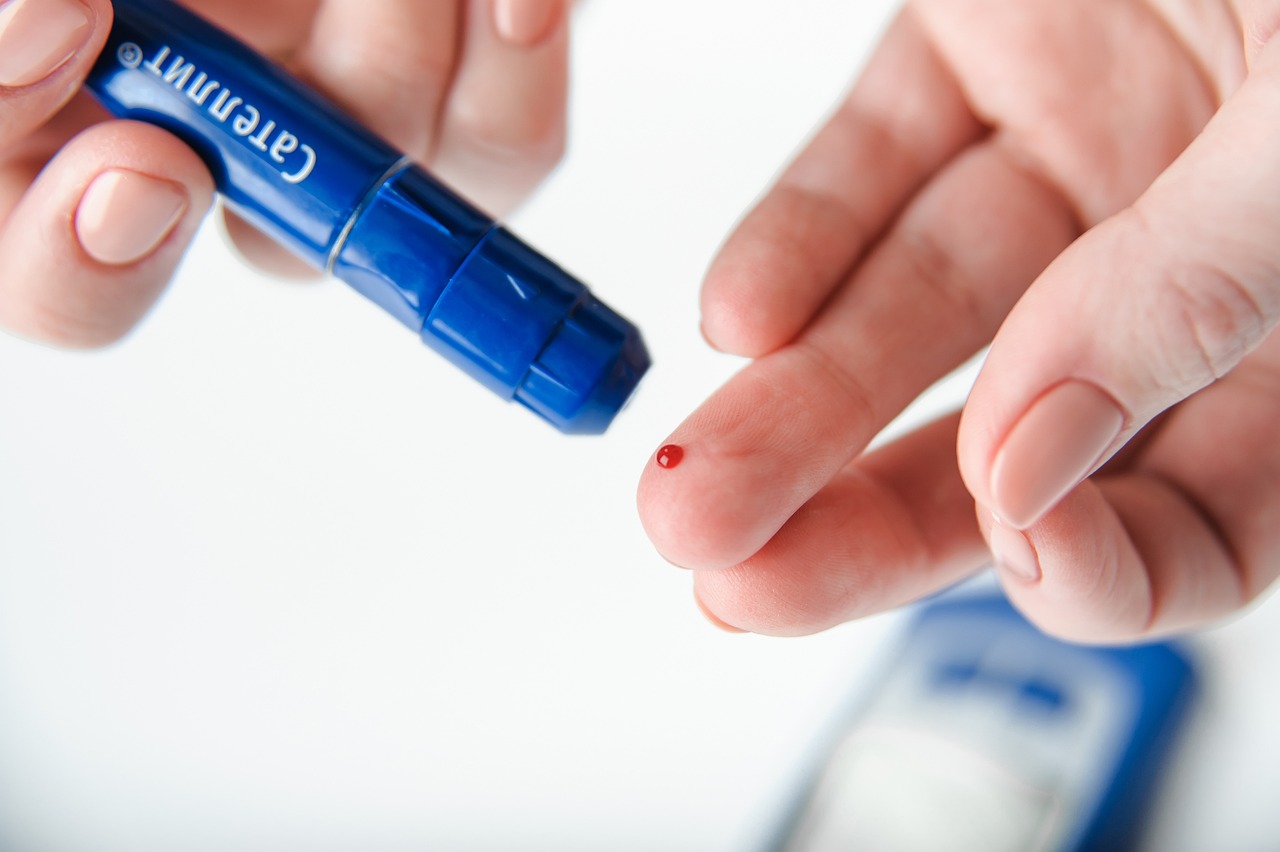I've been working with people with diabetes for over 15 years, and I understand how challenging it can be to balance religious observances with blood sugar management. As someone who's worked with many Jewish families, I've seen firsthand how important it is to find ways to honor traditions while protecting your health.
What I've Learned About Faith and Health
The Jewish High Holy Days can be particularly challenging for people with diabetes. Traditional foods are often high in sugar and carbohydrates, and fasting is central to Yom Kippur observance. But I've learned that with proper planning and support, it's absolutely possible to participate fully in religious life while managing diabetes effectively.
I've worked with families who've found creative ways to adapt traditional recipes, and I've seen how important it is to work with your healthcare team to develop a plan that works for your specific situation.
Key Principles
- Your health takes priority
- Planning ahead is essential
- Consult your healthcare team
- Consider alternative traditions
Rosh Hashanah: The Sweet New Year
Traditional Foods and Alternatives
Honey and Apples
- Use a small amount of honey for symbolic purposes
- Choose smaller apple slices
- Consider sugar-free honey alternatives
- Count carbohydrates in your meal plan
Challah Bread
- Opt for whole grain versions when possible
- Limit portion sizes
- Balance with protein and vegetables
- Consider low-carb bread alternatives
Pomegranates
- Enjoy in moderation (1/4 cup serving)
- Count as fruit serving in meal plan
- Rich in antioxidants and fiber
- Better choice than many traditional sweets
Meal Planning Strategies
- Eat regular meals before celebrations
- Don't skip meals to "save up" for holiday foods
- Fill up on vegetables and lean proteins first
- Monitor blood sugar more frequently
Yom Kippur: Fasting Considerations
Is Fasting Safe for You?
Fasting may not be appropriate for everyone with diabetes. Consult your healthcare provider if you have:
- Type 1 diabetes
- Poorly controlled blood sugar
- History of severe hypoglycemia
- Other medical conditions
Modified Fasting Options
- Partial fasting (limiting certain foods)
- Shortened fasting periods
- Liquid-only fasting
- Symbolic fasting with small amounts
Pre-Fast Meal (Seudah Mafseket)
Recommended Foods:
- Complex carbohydrates (whole grains)
- Lean proteins (fish, poultry)
- Healthy fats (nuts, avocado)
- Plenty of fluids
Foods to Avoid:
- High-sodium foods
- Simple sugars
- Excessive caffeine
- Spicy foods
Breaking the Fast
Start Slowly:
- Begin with small sips of water
- Eat small portions initially
- Choose easily digestible foods
- Monitor blood sugar closely
Good First Foods:
- Diluted fruit juice
- Crackers or toast
- Soup or broth
- Yogurt
Recipe Modifications
Healthy Holiday Swaps
Brisket
- Trim visible fat
- Use herbs and spices instead of sugary sauces
- Serve with roasted vegetables
- Control portion sizes
Kugel
- Use sugar substitutes
- Add vegetables (carrot, zucchini)
- Reduce noodle quantity
- Use low-fat dairy products
Honey Cake
- Substitute applesauce for some oil
- Use whole wheat flour
- Reduce sugar by 1/3
- Add nuts for protein and healthy fats
Managing Social Situations
Communicating Your Needs
- Inform hosts about dietary restrictions
- Offer to bring a diabetes-friendly dish
- Explain the importance of blood sugar management
- Don't feel guilty about prioritizing your health
Practical Tips
- Bring your own snacks if needed
- Keep glucose tablets handy
- Stay hydrated
- Don't skip medication
Emergency Preparedness
Always be prepared for blood sugar emergencies:
- Carry glucose tablets or gel
- Have emergency contact information
- Inform someone about your condition
- Know when to break a fast for safety
Spiritual Considerations
Remember that taking care of your health is also a religious obligation. Many religious authorities agree that preserving life and health takes precedence over fasting requirements.
Alternative Ways to Observe
- Focus on prayer and reflection
- Engage in acts of charity
- Spend time with family and community
- Practice gratitude and repentance
Conclusion
Observing the High Holy Days with diabetes requires careful planning but doesn't mean you can't participate meaningfully in these important traditions. Work with your healthcare team to develop a safe plan that allows you to honor your faith while protecting your health.
Remember that the spiritual essence of these holidays – reflection, renewal, and community – can be fully embraced regardless of dietary modifications you may need to make.
